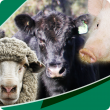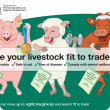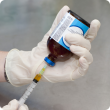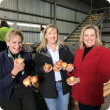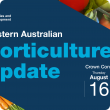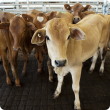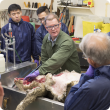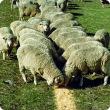Filter by regions:
- (-) Remove Gascoyne filter Gascoyne
- (-) Remove Kimberley filter Kimberley
- Mid West (171) Apply Mid West filter
- Great Southern (170) Apply Great Southern filter
- Peel (170) Apply Peel filter
- South West (170) Apply South West filter
- Pilbara (165) Apply Pilbara filter
- Wheatbelt (162) Apply Wheatbelt filter
- Goldfields-Esperance (159) Apply Goldfields-Esperance filter
- Perth regions (143) Apply Perth regions filter

